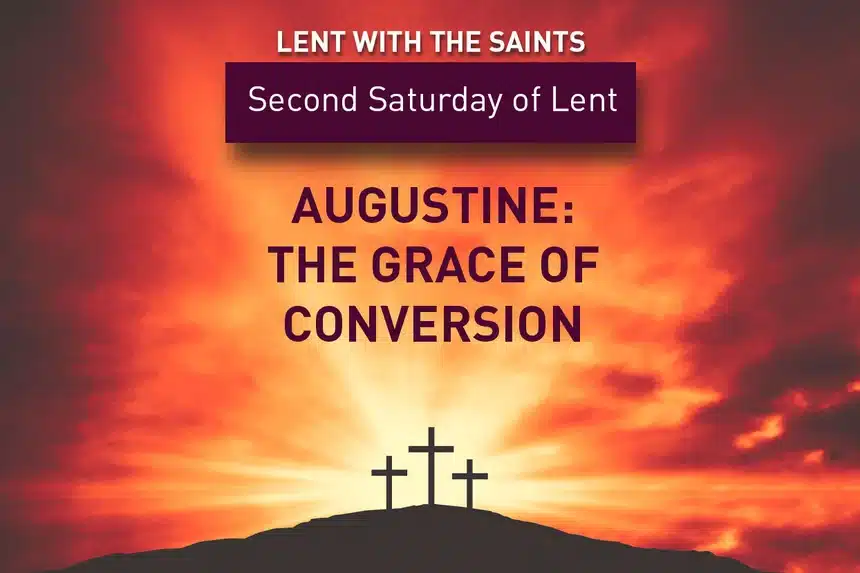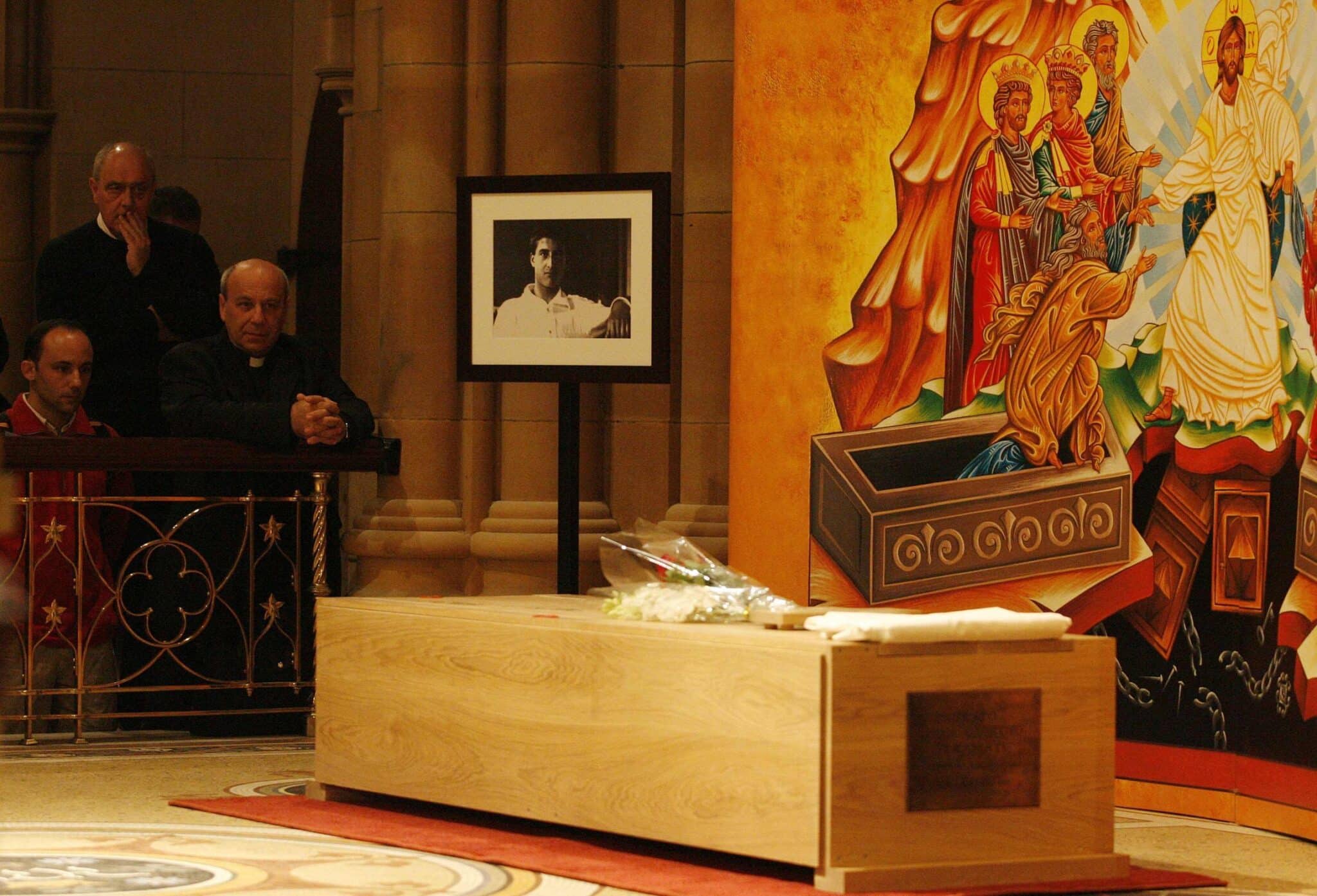Micah 7:14–15, 18–20; Psalm 103:1–2, 3–4, 9–10, 11–12; Luke 15:1–3, 11–32
The story of the Prodigal Son in Luke’s Gospel personifies the mercy of God. Many commentators and homilists suggest the story is mistitled and think it should be called “The Father Who Couldn’t Forget.” The father, who is spurned by a selfish, insensitive son who squanders his share of the family fortune, suffers not only personal shame but public embarrassment as his close-knit community watches him wait daily for his son’s return.
The story of St. Augustine is, in part, the story of a mother who couldn’t forget. A talented and scholarly young man, Augustine immersed himself in all the shallow pursuits of his pagan society. His mother, Monica, never gave up in praying for his conversion, even following him from North Africa to Rome and on to Milan. There, Augustine met Bishop Ambrose, whose influence, along with Augustine’s search of the Scriptures, were key to his embrace of Christianity.
Baptized in 387, Augustine was ordained a priest three years later and became bishop of Hippo, in North Africa, in 395. His writings, such as his Confessions and The City of God, are spiritual classics. His philosophy and theology have influenced the church until the present day.
But for our lenten journey, the inspiration of a mother’s prayer, God’s grace of conversion, and the response of a sinner are the most important lessons we learn from the life of St. Augustine.
Today’s Action
Is there someone in your family or community in need of God’s grace of conversion? Pray for that person today.
Prayer
Good Shepherd, seek us out when we are lost.
Call our name, and we will hear your voice and respond.
Lead us to green pastures.
Amen.








